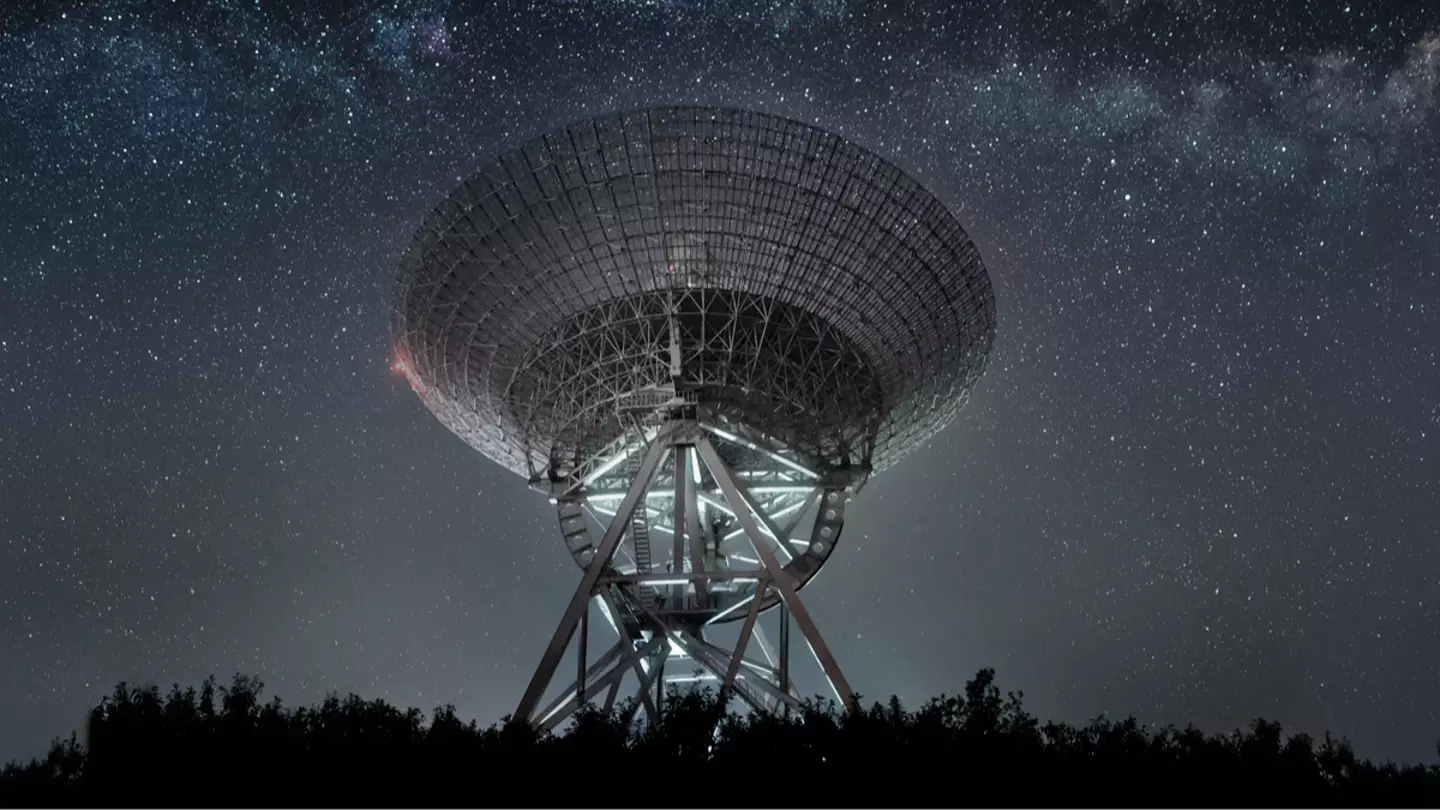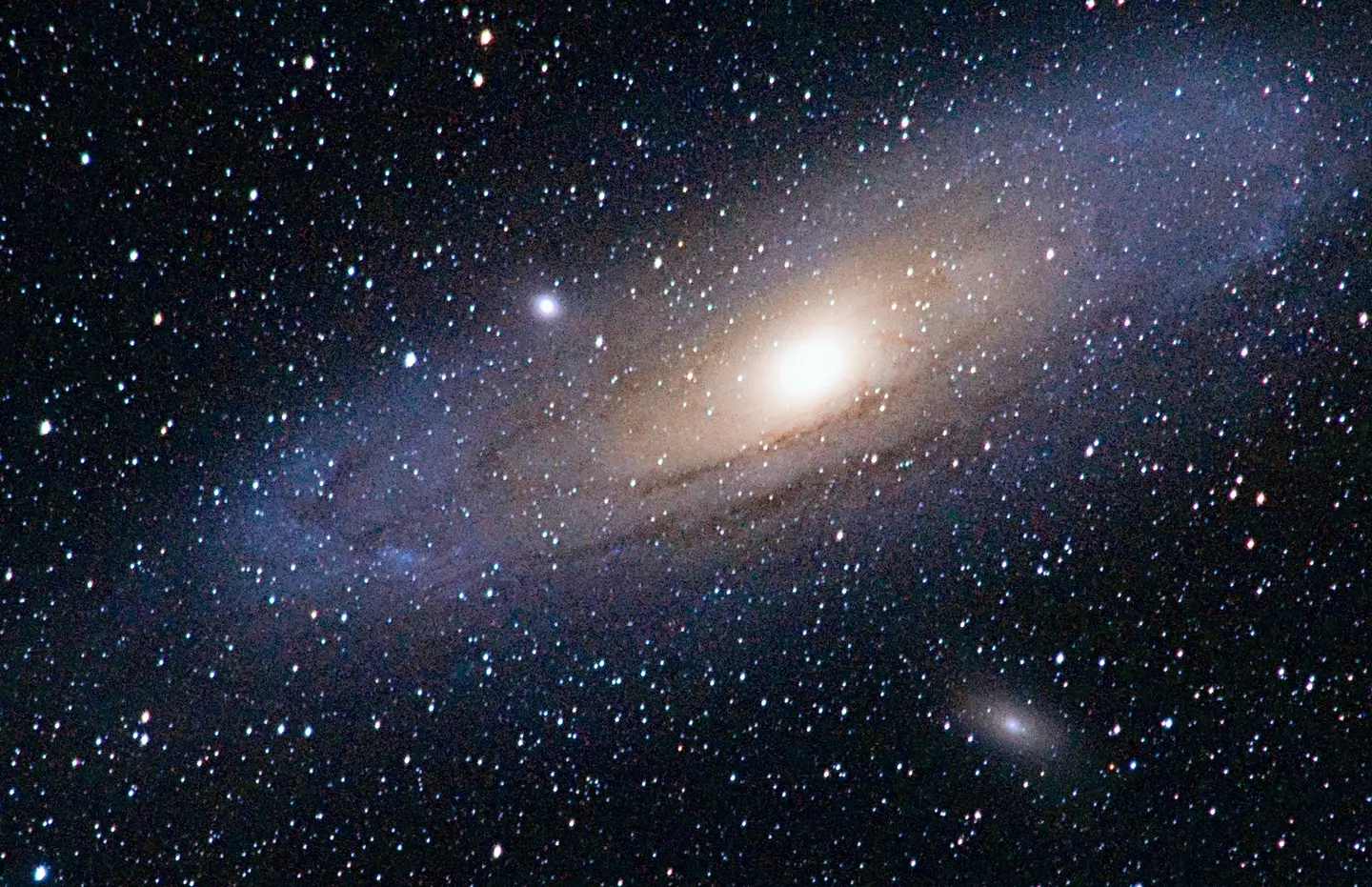
Scientists have discovered an unusual radio signal from 13 billion years ago and it could answer how the universe started.
In our Earthly quest to find out how life as we know it began, researchers have made yet another eureka breakthrough with the discovery of a strange signal.
The radio signal, dubbed the 21-centimeter signal, could shed light on how the first stars and galaxies in the universe came on and brought it out of the darkness and into the light, known by space boffins as the 'Cosmic Dawn'.
“This is a unique opportunity to learn how the universe’s first light emerged from the darkness,” said Anastasia Fialkov, co-author of the study from Cambridge University, UK.
Advert
“The transition from a cold, dark universe to one filled with stars is a story we’re only beginning to understand.”

The international group of astronomers have been able to determine that we can learn about the masses of the earliest stars by examining specific radio signals. These signals are created by hydrogen atoms filling the gaps between star-forming regions.
The study leans on the 'faint glow' of the 21-centimeter signal, a 'subtle' signal that dates back more than 13 billion years, a mere hundred million years after the Big Bang.
Advert
It has been influenced by the radiation from the universe's early stars and black holes, providing a rare glimpse into the universe's infancy, the researchers note.
“We are the first group to consistently model the dependence of the 21-centimeter signal of the masses of the first stars, including the impact of ultraviolet starlight and X-ray emissions from X-ray binaries produced when the first stars die,” professor Fialkov added, who is also a member of Cambridge’s Kavli Institute for Cosmology.
“These insights are derived from simulations that integrate the primordial conditions of the universe, such as the hydrogen-helium composition produced by the Big Bang.”

Advert
She said it took the team a 'bit of imagination' to connect the data to the 'first stars' but that 'the implications are profound'.
Co-author Dr Eloy de Lera Acedo, Principal Investigator of the REACH telescope and PI at Cambridge of the SKA development activities, explained further: “The predictions we are reporting have huge implications for our understanding of the nature of the very first stars in the Universe.
“We show evidence that our radio telescopes can tell us details about the mass of those first stars and how these early lights may have been very different from today’s stars.
“Radio telescopes like REACH are promising to unlock the mysteries of the infant Universe, and these predictions are essential to guide the radio observations we are doing from the Karoo, in South Africa.”
Topics: Space, World News, Science